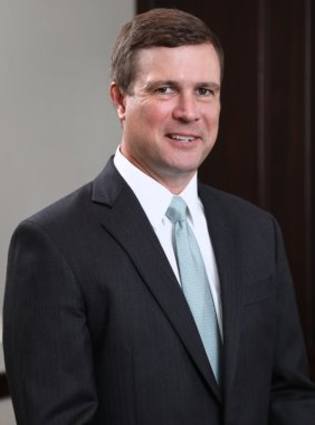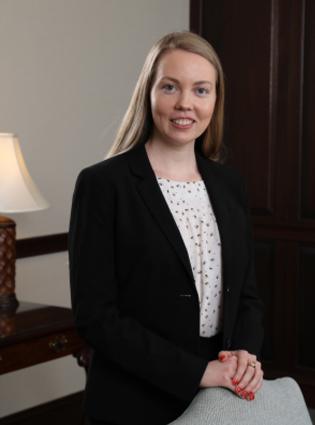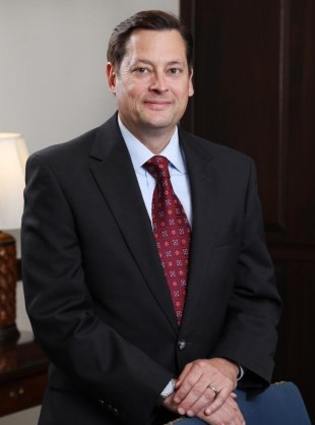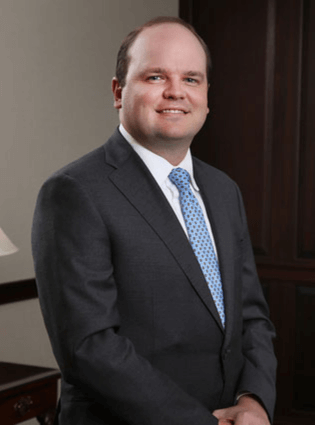We are Selective When it Comes to Sexual Assault & Abuse Cases, Only Taking on Clients Who Have Suffered Sexual Assault or Abuse Because of a Business’, Corporation’s, or other Organization’s Negligence.
Types of Sexual Assault Cases We Handle
We primarily consider sexual assault cases due to negligent security and other premises liability issues. Sex trafficking cases can often be prevented if hotel staff, nightclub staff, and other businesses or corporations implement certain security measures. Please read more about sexual assault and premises liability issues here.
Human traffickers use lies, violence, threats, blackmail, and false promises to control and manipulate their victims. While some offenders may be easily identifiable, other less obvious people or organizations may play a role in allowing such crimes to take place. For instance, hotel management that turns a blind eye, or medical facilities that fail to do proper background checks should be held responsible for their neglect, which made the sex trafficking possible.
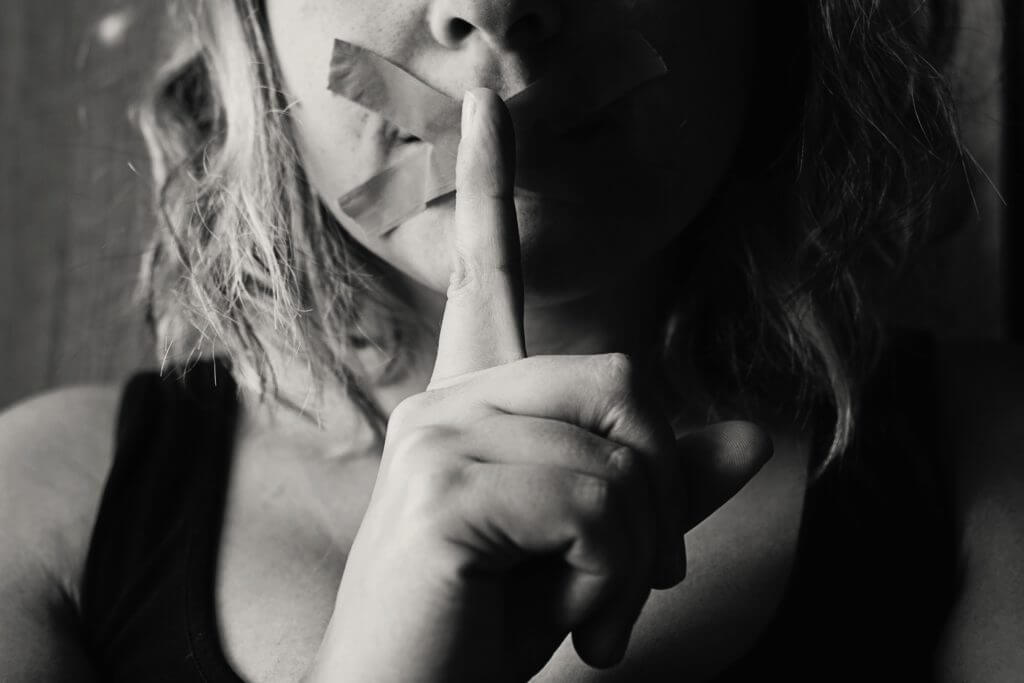
Premises Liability » Sex Trafficking
BBGA’s premises liability lawyers have the experience necessary to hold negligent organizations or businesses responsible for the role they play in sex trafficking. We are strong advocates for survivors of sex trafficking and attorney Chase Ruffin sits on the Board of Directors of ACC SANE, Inc. The Athens-Clarke County Sexual Assault Nurse Examiners Program provides victim forensic examinations and evidence collection, court testimony, and community prevention education related to rape, sexual and physical assault.
What is Sex Trafficking?
Sex trafficking is a form of human trafficking and is one of the fastest-growing crimes in the world. When someone is forced or coerced to perform sexual activities against their will for the purpose of making money, it’s considered sex trafficking, which is widely considered a modern-day form of slavery. A person doesn’t need to be transported anywhere to fall under the definition of sex trafficking. It can happen within their own city, home, or school. And it can be perpetrated by a co-worker, fellow classmate, or even a family member or “friend.” If someone is under the age of 18, force, coercion and deception are not required in cases of sex trafficking.
Sexual abuse and exploitation are devastating social issues affecting children and families across the U.S. and a study conducted by The Adverse Childhood Experiences revealed an estimated 325,000 children are at risk of becoming victims of commercial sexual exploitation each year.
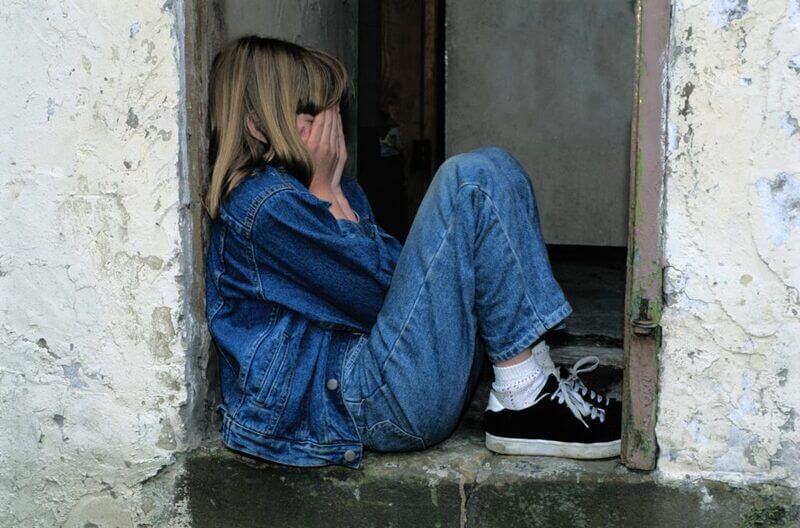
Sex trafficking can be found in a variety of places
including, but not limited to:
- Hotels and motels
- Residential brothels
- Brothels disguised as other venues such as massage parlors
- Nightclubs
- Casinos
- Online escort services
- Online classified advertisement sites like Craigslist
- Social Media sites like Facebook, Instagram, TikTok, and Snapchat
- Strip clubs
- Street prostitution
- Drug houses
- Farms
Who Can be Held Responsible for Sex Trafficking?
Many times, the individuals responsible for sex trafficking are prosecuted by a district attorney with the intent of putting them in prison. While getting these people off the streets is beneficial for society, it doesn’t help survivors get their lives back on track following the ordeal. Survivors of sexual assault and sex trafficking oftentimes require medical treatment and various types of therapy on their path to healing. While pressing criminal charges is important, a civil charge can help identify businesses or organizations that facilitated the crime.
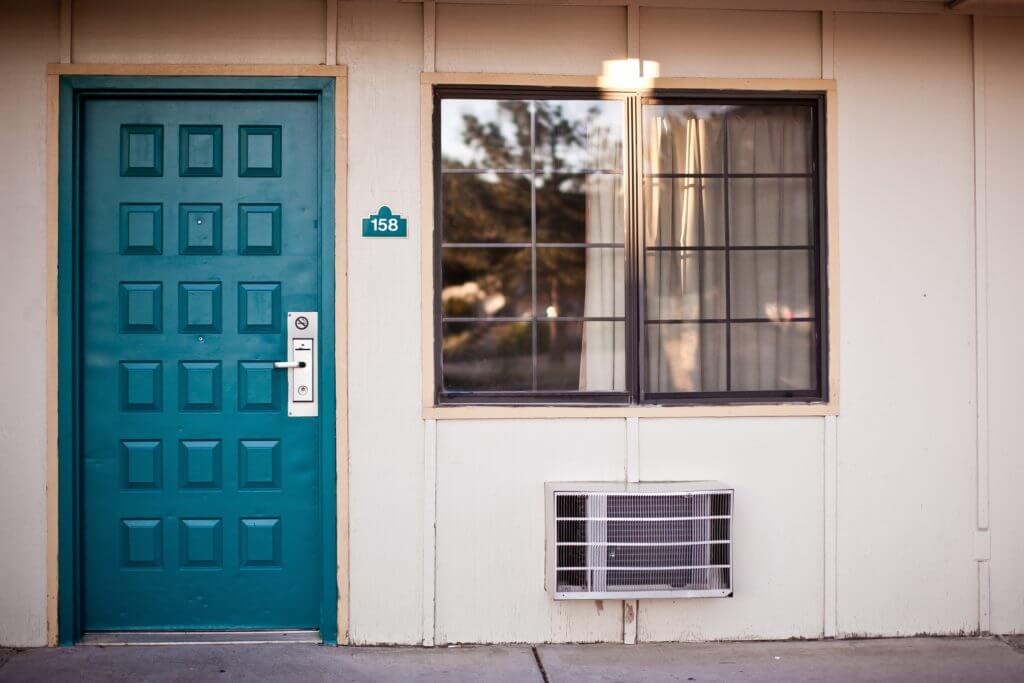
A civil sex trafficking lawsuit can implicate third parties that turned a blind eye or that had a legal duty to keep you or your loved one safe and failed to do so. Some examples of third parties that may be responsible include:
- Owners of venues or properties who fail to follow protocol or implement safety measures
- Managers of businesses such as casinos, hotels, concert venues, truck stops, or bars
- Online websites or marketplaces
- Nursing homes or long-term care facilities that fail to run background checks or hire properly
- Doctors or psychiatrists
— A hotel can be held liable if it’s proven a manager or operator continually rents a room to a trafficker.
— A nightclub, casino, or bar can be held liable if it continued to serve a trafficker despite knowing or suspecting sex trafficking was taking place.
— Online websites are legally required to moderate their users’ content and contact authorities if discovering criminal activities.
— Doctors who prescribe drugs used to abuse or keep survivors compliant can be held liable if it’s proven they continued to prescribe drugs even though they knew the drugs were being abused.
— A school system or nursing home facility that fails to run background checks or implement safety measures should be held accountable.
Sex Trafficking Laws in Georgia
What is the Statute of Limitations on Sex Trafficking in Georgia?
The statute of limitations for sex crimes in Georgia varies from case to case based on different factors. In general, if the sex trafficking or abuse began on or after July 1, 2012, and the survivor is under the age of 16-years-old, there is no statute of limitations, if the offense is not being prosecuted as a misdemeanor.
The offenses may include:
- Sex Trafficking, O.C.G.A. § 16-5-46
- Incest, O.C.G.A. § 16-6-22
- Rape, O.C.G.A. § 16-6-1
- Aggravated sodomy, O.C.G.A. § 16-6-2
- Child molestation/aggravated child molestation, O.C.G.A. § 16-6-4
- Enticing a child for indecent purposes, O.C.G.A. § 16-6-5
- First degree cruelty to children, O.C.G.A. § 16-5-70
All other offenses against a child under the age of 16 may be subject to a seven-year statute of limitations.
The Office of the Attorney General joined forces with Senator Renee Unterman and Representative Edward Lindsey in 2011 to advocate for stronger human trafficking laws in Georgia. As a result, HB 200 went into effect on July 1, 2011.
HB 200 increases the punishment for human trafficking to a minimum of 10 years. If the trafficking involves a minor, the traffickers face a potential 25-year to life and can be fined up to $100,000.
Other facts about HB 200 include:
- It helps broaden the definition of coercion
- It no longer allows perpetrators to use the age
of consent as a defense - It helps provide law enforcement with training
- HB 200 authorizes asset forfeiture for property
derived from or used in trafficking - It increases punishments for pimping, pandering
and keeping a house of prostitution - It allows survivors of human trafficking potential
victim compensation for the serious mental and emotional trauma they experience
Sex Trafficking Statistics
It’s important to understand that because sex trafficking is often conducted on the dark web or other secretive platforms, the full scope of the problem isn’t known, which means local and national statistics on human trafficking are likely underestimated. Also, survivors of sex trafficking are often manipulated and coerced, so it’s an underreported crime.

According to a 2014 report by the Georgia Bureau of Investigation called “Human Trafficking in Georgia: A Survey of Law Enforcement,” There is a significant disparity between the number of Georgia victims documented by law enforcement (190 cases with at least one victim) and victims service organizations (more than 500 individual victims). This disparity is attributed to many factors including, but not limited to, organizational differences, victim-specific issues, and an inability to effectively identify and treat victims.
The Polaris Project, a leader in the fight to eradicate human trafficking, reports the following statistics on its website:
- From 2007 to 2017, the National Human Trafficking Hotline, operated by Polaris, received 34,700 reports of sex trafficking cases
- In 2017, the National Center for Missing & Exploited Children estimated that one in seven endangered runaways reported they were likely sex trafficking victims
- The International Labor Organization estimates 4.8 million people are trapped in forced sexual exploitation globally
Georgia sex trafficking statistics:
- The National Human Trafficking Resource Center received 446 calls from GA in 2012, 103 of which were classified as high-risk
- 5,000 girls are at-risk of being sex trafficked in Georgia
- Atlanta has an internal trafficking problem, where minors, many recruited from the city, are transferred to another county or state
- Approximately 374 girls are commercially sexually exploited each month in Georgia
- The average age of entry into the commercial sex market for girls is 12 -14
- 12,400 men in Georgia pay for sex with a young woman each month and 7,200 of them end up exploiting an adolescent female
- Craigslist is the most efficient medium for the marketing of sex
- About 65% of men who buy sex with young females do so in and around suburban and metro Atlanta with 9% being near the airport
- Atlanta has the highest number of trafficked Hispanic females in the nation
- On average, 100 juvenile girls are exploited each night in Georgia
All GA statistics taken from The Center for Public Policy Studies website. For more information click here.
If you or a loved one is a survivor of sex trafficking and a facility or organization turned a blind eye, failed to help despite obvious signs, or failed to keep you or your loved one safe due to negligent practices, we can help. Holding the proper people responsible not only helps compensate you and your loved ones for the trauma you’ve endured, but it also shines a light on the magnitude of the problem and forces business owners, property managers, and other establishments to do a better job of keeping its patrons safe.
Contact our premises liability attorneys today by calling 706-354-4000 or filling out our contact form. There is no cost for your initial consultation and we can help you determine whether you have a valid case. BBGA prosecutes negligent businesses across the state of Georgia for the role they play in the sex trafficking epidemic.
If you’re a survivor of sexual assault, below is a list of organizations that can help you:
ACC SANE (Sexual Assault Nurse Examiners)
Georgia Network to End Sexual Assault
RAINN (Rape,
Abuse & Incest National Network)
Sexual Violence Resource of Georgia
Call the National Sexual Assault Hotline at: 1-800-656-HOPE
Call the National Human Trafficking Hotline at: 1-888-373-7888


